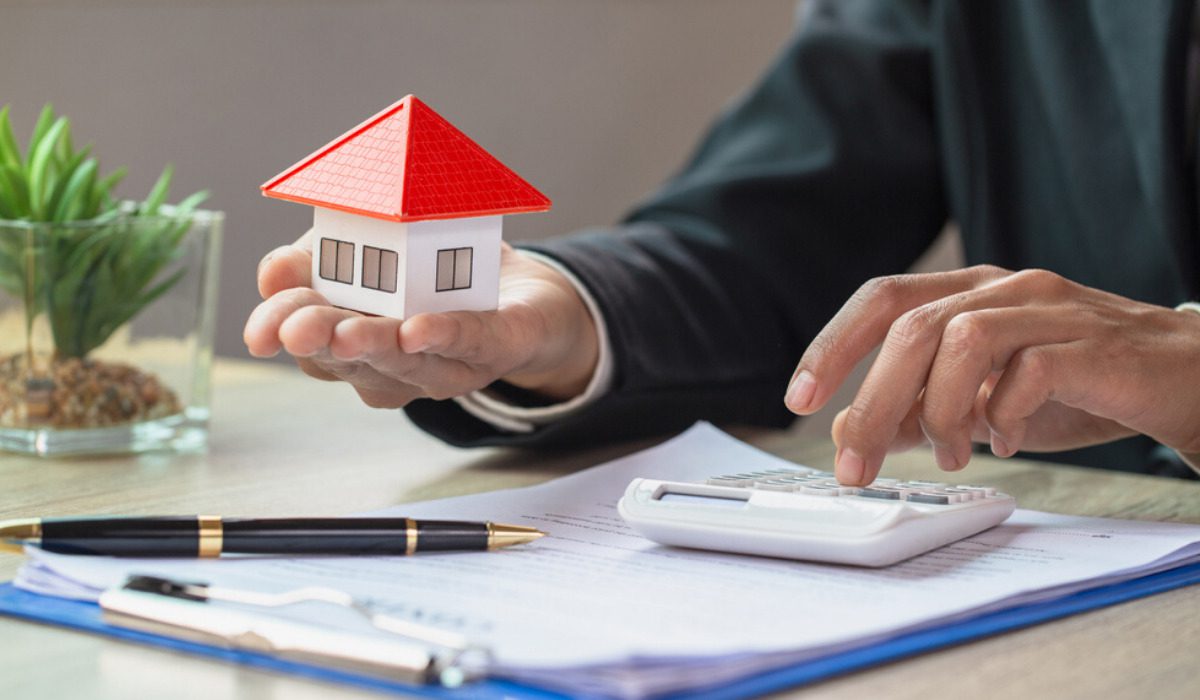
For many people, buying their first home is a significant milestone and a major life decision. The journey from renting to owning a home can be both exciting and daunting, filled with challenges and rewards along the way. In this article, we will explore the various steps involved in the process of becoming a first home buyer, from saving for a deposit to navigating the real estate market and finally purchasing your dream home.
Saving for a Deposit
Key Points:
- Set a savings goal based on the price range of homes you are interested in.
- Consider using a high-interest savings account to help your money grow faster.
- Look into government schemes like the First Home Owner Grant to see if you are eligible for financial assistance.
One of the first steps to becoming a first home buyer is saving for a deposit. The size of your deposit will determine how much you can borrow and the type of home you can afford. Here are some key points to consider when saving for a deposit:
Set a realistic savings goal based on the price range of homes you are interested in. This will give you a target to work towards and help you stay focused on your saving efforts.
Consider using a high-interest savings account to help your money grow faster. Look for accounts with competitive interest rates and minimal fees to maximize your savings potential.
Explore government schemes like the First Home Owner Grant, which provides financial assistance to first home buyers. Check the eligibility criteria and see if you qualify for any grants or incentives that can help you boost your deposit savings.
Researching the Property Market
Key Points:
- Research different suburbs and neighborhoods to find the right location for your first home.
- Attend open houses and auctions to get a feel for the real estate market in your area.
- Work with a real estate agent or property expert to help you navigate the buying process.
Once you have saved enough for a deposit, the next step is to start researching the property market. It's important to have a good understanding of the real estate landscape in your area before making any purchasing decisions. Here are some key points to keep in mind when researching the property market:
Research different suburbs and neighborhoods to find the right location for your first home. Consider factors like proximity to amenities, schools, public transport, and future development plans when evaluating potential areas to buy in.
Attend open houses and auctions to get a feel for the real estate market in your area. This will help you understand property prices, market trends, and what to expect when it comes time to make an offer on a home.
Consider working with a real estate agent or property expert to help you navigate the buying process. An experienced professional can provide valuable insights, advice, and support to ensure you make informed decisions and secure the right property for your needs.
Securing a Home Loan
Key Points:
- Get pre-approved for a home loan to know your borrowing capacity and budget.
- Compare different lenders and loan products to find the best deal for your situation.
- Consider factors like interest rates, loan terms, fees, and features when choosing a home loan.
Once you have found a property you want to buy, the next step is to secure a home loan. Getting a loan pre-approval will give you a clear understanding of your borrowing capacity and help you set a budget for your home purchase. Here are some key points to consider when securing a home loan:
Get pre-approved for a home loan before making an offer on a property. This will show sellers that you are a serious buyer and give you confidence in your budget when house hunting.
Compare different lenders and loan products to find the best deal for your situation. Look at factors like interest rates, loan terms, fees, and features to determine which loan option aligns with your financial goals and preferences.
Consider seeking advice from a mortgage broker who can help you navigate the home loan market and negotiate with lenders on your behalf. A broker can save you time and potentially help you secure a more competitive loan offer.
Finalizing the Purchase
Key Points:
- Organize a building and pest inspection to identify any potential issues with the property.
- Negotiate with the seller on the sale price and contract terms before finalizing the purchase.
- Engage a conveyancer or solicitor to handle the legal aspects of the property transfer.
Once your loan is approved, and you have found a property you want to buy, the final step is to complete the purchase process. This involves various tasks such as organizing inspections, negotiating with the seller, and finalizing the legal aspects of the transaction. Here are some key points to consider when finalizing the purchase of your first home:
Organize a building and pest inspection to identify any potential issues with the property. Inspections can reveal hidden problems that may affect the value or safety of the home, allowing you to make an informed decision about whether to proceed with the purchase.
Negotiate with the seller on the sale price and contract terms before finalizing the purchase. Be prepared to enter into discussions to reach a mutually acceptable agreement that reflects the true value of the property and meets your needs as a buyer.
Engage a conveyancer or solicitor to handle the legal aspects of the property transfer. A legal professional can review contracts, conduct property searches, and ensure that the settlement process proceeds smoothly, protecting your interests as a buyer.
